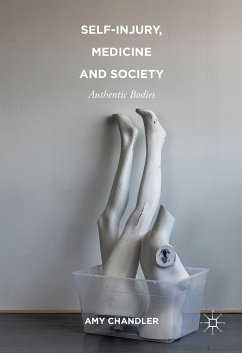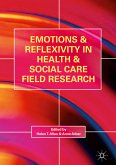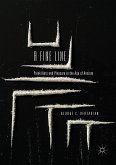This book provides an appreciative, sociological engagement with accounts of the embodied practice of self-injury. It shows that in order to understand self-injury, it is necessary to engage with widely circulating narratives about the nature of bodies, including that they are separate from, yet containers of 'emotion'. Using a sociological approach, the book examines what self-injury is, how it functions, and why someone might engage in it. It pays close attention to the corporeal aspects of self-injury, attending to the complex ways in which 'lived experience' is narrated.
By interrogating the way in which healthcare and psychiatric systems shape our understanding of self-injury, Self-Injury, Medicine and Society aims to re-invigorate traditional discourse on the subject. Combining analytical theory with real-life accounts, this book provides an engaging study which is both thought-provoking and informative. It will appeal to an interdisciplinary readership and scholars in the fields of medical sociology and health studies in particular.
Dieser Download kann aus rechtlichen Gründen nur mit Rechnungsadresse in A, B, BG, CY, CZ, D, DK, EW, E, FIN, F, GR, HR, H, IRL, I, LT, L, LR, M, NL, PL, P, R, S, SLO, SK ausgeliefert werden.









